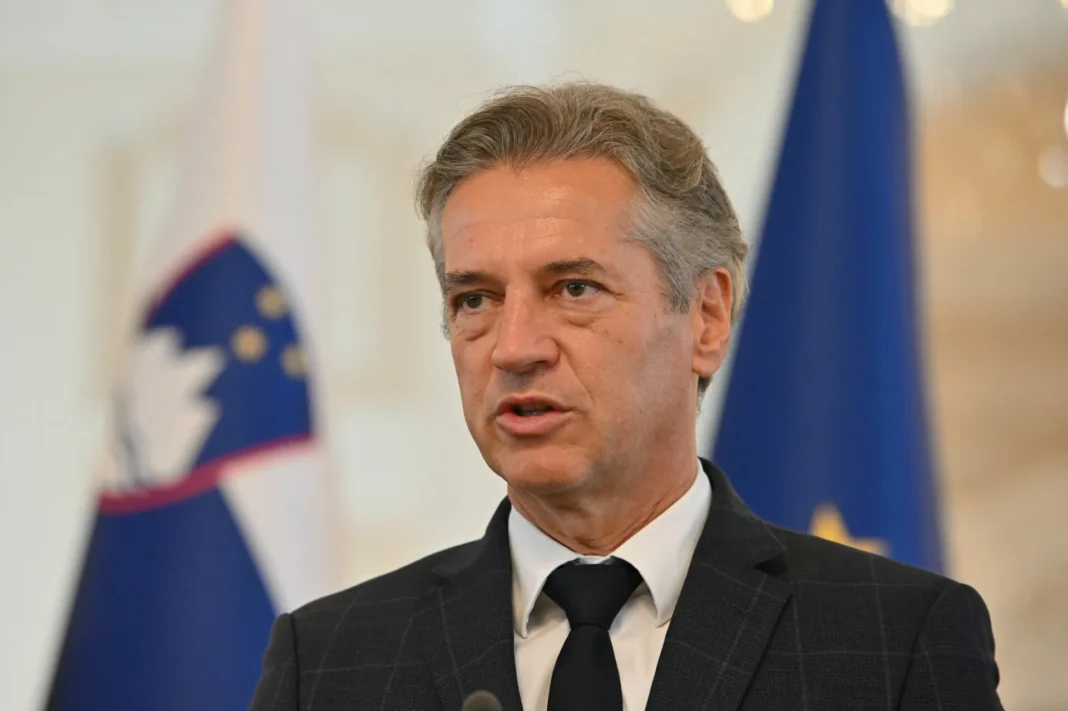By: Peter Jančič (Spletni časopis)
Following the resignations of members of the Energy Agency Council, Mitja Breznik and Sandi Šterpin, the government demanded the immediate resignation of all members and the reinstatement of old pricing lists due to the increase in network fees. I asked the office of Prime Minister Robert Golob to clarify for the public what such a change would mean for the Prime Minister’s company, Star Solar, and, in particular, for its largest solar power plant in Ptuj.
The changes to the Mass Real Estate Valuation Act passed before the New Year by the ruling coalition already reduced administrative and financial obligations for Star Solar. More details can be found here: The Ruling Coalition Expedited Additional Benefits for Star Solar. I requested clarification about the financial implications of the adjusted network fees, particularly for the Ptuj solar plant, as publicly available data strongly suggest that network fees for the Prime Minister’s company have significantly increased.
Here is the question I sent to the Prime Minister’s office:
Dear Sir/Madam,
I kindly request information on how the monthly network fees for the company Star Solar have changed due to the price list adjustments, which prompted the government to call for the resignation of Energy Agency Council members and the reinstatement of old price lists. Separately, I request data on the Ptuj solar power plant, which is by far the largest in terms of capacity. This information would help me explain to the public how these price list changes impact the operations of a company owned by the Prime Minister.
Sincerely,
Peter Jančič
Editor-in-Chief
Spletni časopis
Publicly available data indicate that the Prime Minister’s solar plant in Ptuj is connected to a 20 kV line and has a total capacity of approximately 700 kW or 0.7 MW. Without detailed data, it is difficult for laypersons in energy pricing to precisely evaluate the impact of network fee adjustments on the company’s operations. Therefore, I requested clarification from the company’s owner, the Prime Minister.
Historically, when he was not in office, the Prime Minister was not known for answering questions about his business dealings. This became evident when I, as Editor-in-Chief of Siol.net, sought clarification on a €103,000 payment made by GEN-I to journalist Vesna Vuković (later of Necenzurirano). After my unsuccessful inquiry, Vuković became the Secretary-General of the Freedom Movement (Gibanje Svoboda). She later assisted in my premature dismissal by orchestrating a series of management and supervisory board replacements at SDH, Telekom, and TSmedia, carried out by the government. Vuković has since left her post as Secretary-General of the ruling party.
Following the government’s demand to reinstate old network fees by January 8th and for Energy Agency Council members to resign, Mitja Breznik and Sandi Šterpin have reportedly resigned so far. Their mandates were set to expire in 2029. Remaining council members include President Franc Žlahtič and members Borut Bratina and Janez Kopač, whose terms expire in 2026. The Ministry of the Environment has already published a call for nominations for new council members in the Official Gazette, aiming to present a candidate list for government approval, followed by parliamentary confirmation. The exact number of candidates being sought is not specified.
Director of the Energy Agency, Duška Godina, has reportedly not yet complied with the government’s ultimatum to reinstate the old price lists. These old lists included significant discounts for owners of solar plants, heat pumps, electric vehicle chargers, and other devices requiring substantial grid investments, which were historically funded by other users. The government cannot directly dismiss Godina but can effectively “remove” her by restructuring the Energy Agency’s council. Similar purges have already been carried out in state-owned companies, media, and even the police. On January 14th, shortly after the government’s deadline, Infrastructure Committee Chairman Tomaž Lah (Freedom Movement) has convened a session where Director Godina is expected to present the agency’s work plan and financial projections for 2025.
The ruling coalition also placed Lah at the head of the investigative commission requested by the National Council to examine allegations of Robert Golob’s mismanagement of GEN-I, questionable practices involving Star Solar, unlawful financing of the Freedom Movement, and alleged illegal funding of the 2022 parliamentary election campaign. Lah’s role on the commission is reportedly to obstruct and delay the investigation. Opposition parties have called for Lah to testify before the commission as a witness, which would disqualify him from chairing it. However, the ruling parties refuse to remove him, as his position serves their goal of hindering the investigation into Golob’s business dealings.

